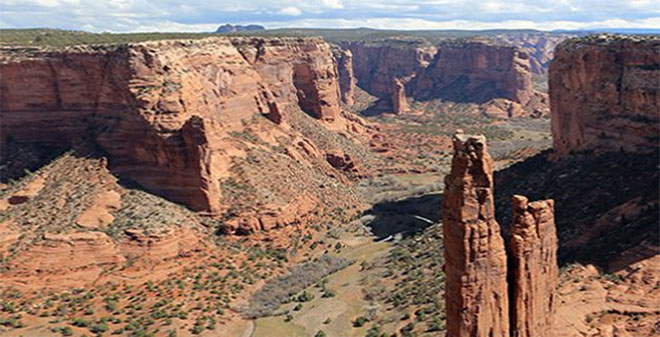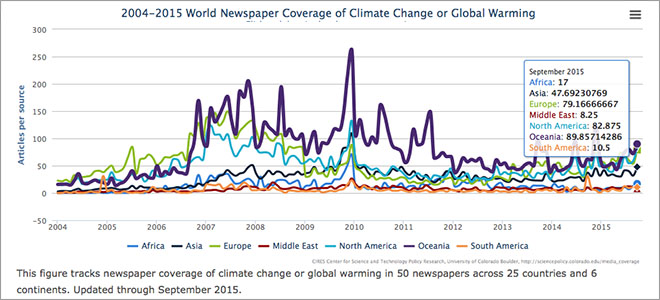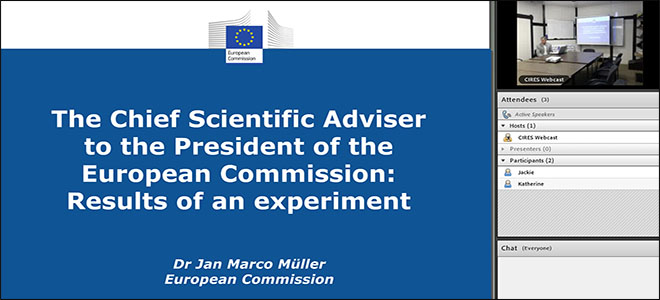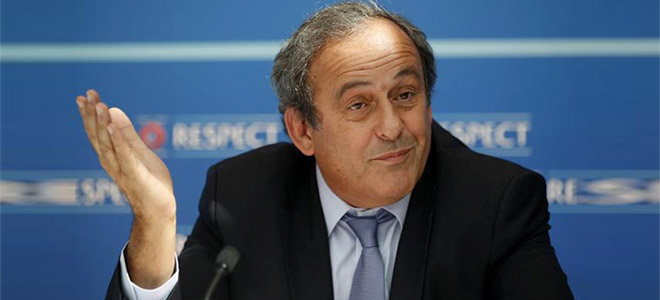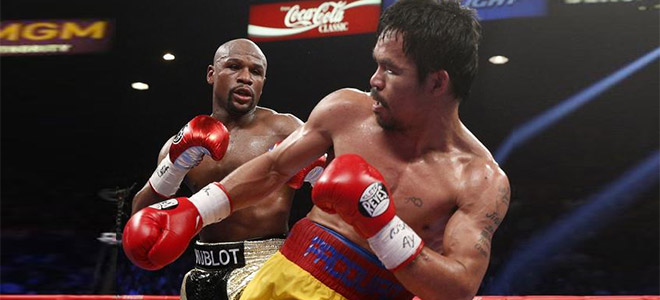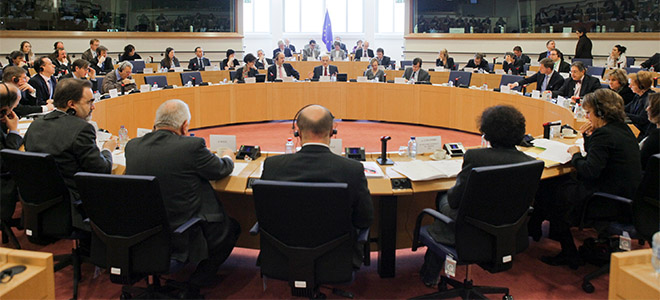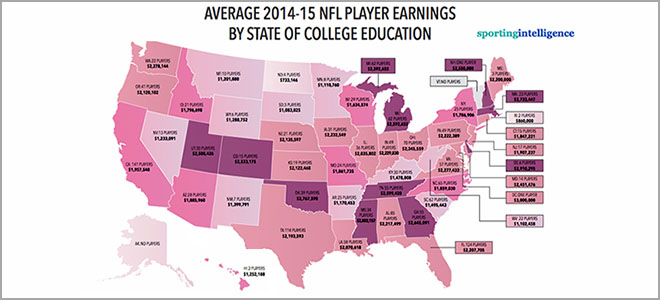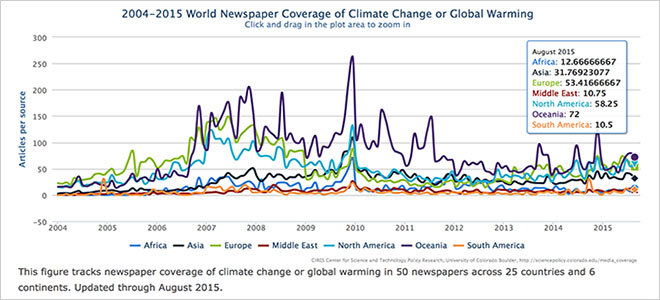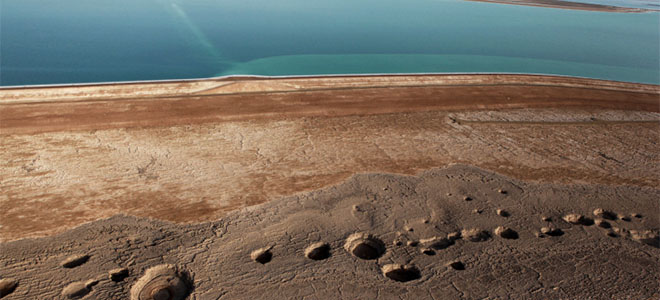CU News Center
October 8, 2015
In 2013, the torrents of water that poured out of the mountains, ripping up roads and inundating Boulder, Lyons, Longmont and other Front Range communities, also resulted in a deluge of questions. Both the general public and local officials wondered just how unusual this rainfall and flooding had been. Had something like it happened before? Was anthropogenic (human-caused) climate change responsible?
“The intensity of the floods really caught a lot of us living in the region off guard,” said Lisa Dilling, director of the Western Water Assessment, which is part of the Cooperative Institute for Research in Environmental Sciences at the University of Colorado Boulder. Dilling is also a professor of environmental studies at CU-Boulder. “But because WWA has a long history of working with water managers and planners in Colorado’s Front Range, we could quickly assemble regional experts to assess the disaster.”
Within ten days of the floods, WWA researchers and their partners at the National Oceanic and Atmospheric Administration and Colorado State University synthesized information about the atmospheric conditions that produced the floods, the potential role of climate change, and how these floods compared to others in the past. They released a 4-page handout at a public briefing and panel discussion. This rapid-response effort spurred additional WWA research projects to better understand Front Range flood risk, some of which are still ongoing – which is why the group was thrilled to find out that NOAA will support them with about $4 million for another five years.
The money comes from NOAA’s Climate Program Office, which has funded WWA since 1999. WWA, which focuses on Colorado, Utah and Wyoming, is one of ten teams under NOAA’s Regional Integrated Sciences & Assessments (RISA) program. It’s intended to help expand the country’s ability to deal with climate change by having scientists work with local and regional stakeholders and engage them as research partners.
For WWA, the NOAA agreement is invaluable. “NOAA’s support is our foundation,” said Dilling. “We are grateful for the recognition that our work in this intersection of environmental change and decision-making is relevant, important and timely.” In the last five years, WWA has issued a report examining how climate change in Colorado affects water resources, as well as a study on the state’s vulnerabilities to climate change: in tourism, recreation, education, public health and many other sectors. It also helped Salt Lake City, Utah evaluate the impact of a changing climate on their water supply. And WWA collaborated with the National Integrated Drought Information System (NIDIS) to create a report on climate change and the Navajo Nation. Read more …


